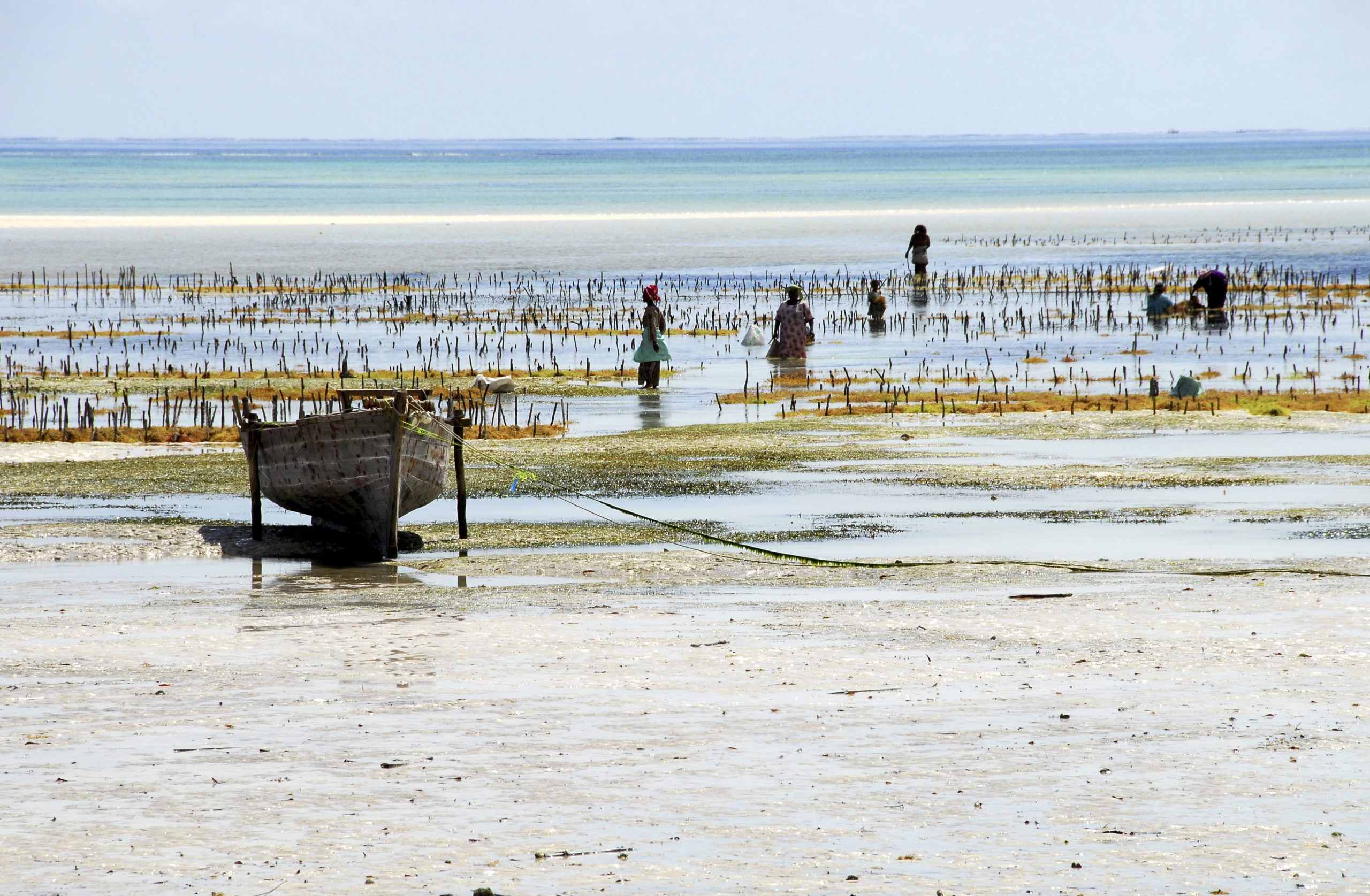News
Helping coastal communities adapt to climate change

News | Mar 2017
UN Environment World Conservation Monitoring Centre (UNEP-WCMC) has recently developed two new tools to help decision makers plan effective coastal ecosystem based adaptation approaches.
Ecosystem-based adaptation refers to the use of biodiversity and ecosystem services as part of an overall strategy to help people adapt to the adverse effects of climate change. Small Island Developing States are highly vulnerable to the effects of climate change. Rising sea levels, increasing surface temperatures, ocean acidification and increased strength and frequency of storms are all likely to impact the coastal and marine ecosystems on which the economies of Small Island Developing States are based.
Climate change poses multiple threats to coastal ecosystems and, subsequently, the livelihoods of Small Island Developing States communities. Impacts range from degradation of commercially important fish stocks to increased coastal erosion and loss of ecotourism opportunities. Adaptation approaches that focus on developing the resilience of these ecosystems are often more cost-effective and sustainable.
Decision-makers therefore need to tools to plan effective coastal ecosystem based adaption approaches as part of an overall adaptation programme. This is what UNEP-WCMC has recently developed as part of a UN Environment led programme on ‘Building Ecosystem-based Adaptation in Small Island Developing States’. Two knowledge products have been launched and tested through two training workshops held in the pilot regions of Africa and the Caribbean; an Ecosystem based Adaptation options guide, and a website and decision-support tool.
Having developed these resources, UNEP-WCMC is keen to see the wider uptake of Ecosystem-based Adaptation as part of a wider adaptation response to building resilience of communities to climate change in Small Island Developing States and other coastal regions.
Have a query?
Contact us
communications@unep-wcmc.org
